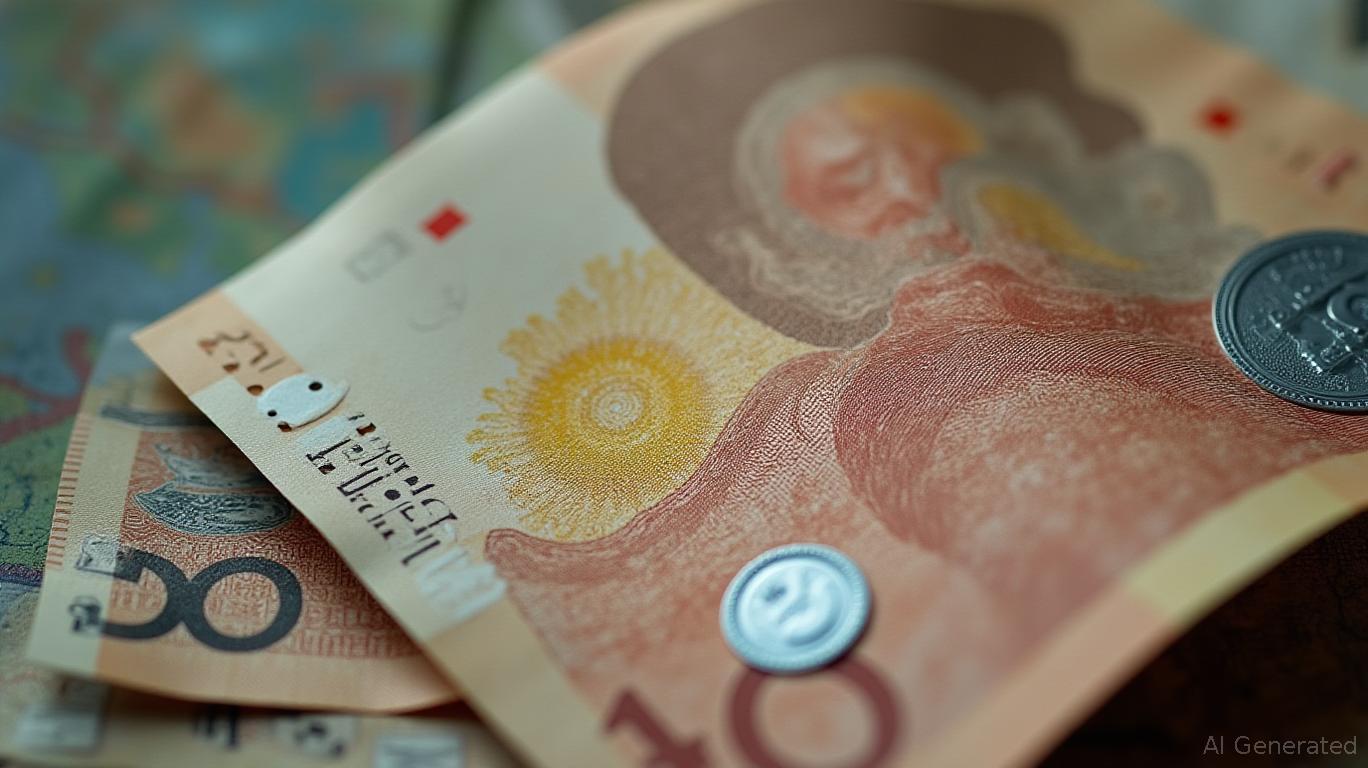Iranian bank crisis underscores Bitcoin’s role as financial hedge
Iran’s financial system just suffered one of its most dramatic implosions in years. The country’s Central Bank declared Ayandeh bank, one of its largest private lenders, bankrupt and its assets were absorbed by the state.
Founded in 2012 with over 270 branches nationwide, Ayandeh bank had accumulated $5.2 billion in losses and nearly $3 billion in debt, according to Asharq Al‑Awsat. The state‑owned Melli Bank has now absorbed its assets, promising depositors their savings are “secure.” But Iranians have learned to temper such assurances.
According to Reuters, Iran’s economy is now teetering under simultaneous hyperinflation and severe recession, squeezed further by a snapback of U.N. sanctions and a collapsing rial. Lines quickly formed outside shuttered Ayandeh branches in Tehran, echoing scenes from past crises.
For ordinary Iranians, the real fear isn’t corporate losses, it’s access. Insured deposits in Iran are capped at just 1 billion rials (roughly $930) and payout processes can take years. Those holding more may never see their money again.
A familiar story of fragility
Iran isn’t alone. Around the globe, central banks have stepped in to cushion financial chaos, often too late for depositors caught in the wrong institutions. In the United States, the shock failures of Silicon Valley Bank, Signature Bank, and First Republic Bank in 2023 became the biggest cluster of collapses since 2008. Even as the FDIC and Treasury guaranteed deposits, thousands of startups, small businesses, and uninsured clients were left scrambling.
According to a Morningstar report published in October 2025, U.S. regional banks continue to show growing signs of financial stress, even after boosting reserves and shoring up deposits following the 2023 banking crisis. Delinquencies and loan defaults are rising amid persistent inflation, elevated borrowing costs, and losses tied to lower‑income borrowers.
Although balance sheets are stronger on paper, confidence remains fragile. Market volatility this quarter pushed bank stocks lower before a partial recovery on better‑than‑expected earnings. Analysts now expect a new wave of regional bank mergers and acquisitions as larger players move to absorb weaker rivals.
The Ayandeh bank collapse follows years of poor governance and opaque loans to politically connected projects, including the debt‑ridden Iran Mall mega‑complex. More than 90% of the bank’s funds reportedly went to affiliated companies that never repaid.
Ayandeh bank makes the case for seizure‑proof money
What makes these crises rhyme isn’t the geography or ideology; it’s the fragility of trust. Whether in Tehran or San Francisco, savers face counterparty risk every time they deposit funds into a system dependent on state rescue.
Bitcoin flips the script completely. It doesn’t ask you to trust a central authority because there isn’t one. There’s no bank to freeze your funds, and no government to quietly inflate your savings away. It operates beyond borders and politics, moving freely where traditional finance cannot. When banks fail, the promises behind your account balances vanish overnight. But when you hold Bitcoin yourself, there’s no counterparty, just math. And math, unlike governments or banks, doesn’t break its word.
The Ayandeh bank collapse isn’t a local tragedy; it’s a global warning. Bank failures, capital controls, and confiscations eventually follow financial repression, wherever it arises. For millions watching savings vaporize through no fault of their own, Bitcoin isn’t speculation anymore. It’s insurance against the system itself.
The post Iranian bank crisis underscores Bitcoin’s role as financial hedge appeared first on CryptoSlate.
Disclaimer: The content of this article solely reflects the author's opinion and does not represent the platform in any capacity. This article is not intended to serve as a reference for making investment decisions.
You may also like
Solana News Today: Solana's Tightrope Walk: ETF Investments, Price Fluctuations, and Regulatory Challenges
- Solana attracts institutional investors via ETF inflows, Hong Kong regulatory approvals, and the Alpenglow upgrade targeting validator cost cuts. - SSK ETF sees $24M weekly inflows, while Hong Kong's first Solana ETF launches October 27, expanding global institutional access. - SOL price rebounds to $195 but faces $200 resistance; analysts highlight $220 as a key breakout threshold for further gains. - Alpenglow aims to slash 80% of validator fees by 2026, enhancing decentralization through lower entry b

Political Stalemate to Drive U.S. Debt Higher Than Italy and Greece by 2030
- U.S. public debt-to-GDP ratio will surpass Italy and Greece by 2030, per IMF forecasts, reaching 143% vs. 137% and 130%. - Trump-era tax cuts, $1T defense spending, and political gridlock drove deficits above 7% of GDP since 2025. - Italy/Greece reduced deficits via austerity and EU funds, while U.S. faces debt servicing costs exceeding education/transport budgets. - Analysts warn U.S. debt path is unsustainable without structural reforms, as political stalemate blocks spending cuts or tax hikes.

China's approach with the Digital Yuan seeks to transform the landscape of international finance
- PBOC establishes Beijing and Shanghai centers to advance digital yuan strategy, enhancing domestic infrastructure and global reach. - Digital yuan pilot transactions exceed 14.2 trillion yuan, supported by 225 million wallets, while PBOC enforces crypto bans to mitigate risks. - Dual-center model balances domestic innovation with international collaboration, expanding digital yuan adoption through commercial banks. - China’s strategy aims to reshape global CBDC perceptions, leveraging regulatory rigor an

U.S. Bets $40 Billion on Argentina's Economic Reforms as Peso Rallies and Poverty Rises
- Trump praised Argentina's Milei for a landslide election win, linking it to U.S. financial gains amid a 6% peso surge against the dollar. - U.S. Treasury's $20B currency swap and $40B total stake aim to stabilize Argentina's economy, despite 53% poverty rates and political instability risks. - Milei's austerity reforms face challenges: poverty deepening, congressional alliances needed, and potential peso collapse if reforms stall. - Markets reacted positively to the election, with Argentine bonds and sto

